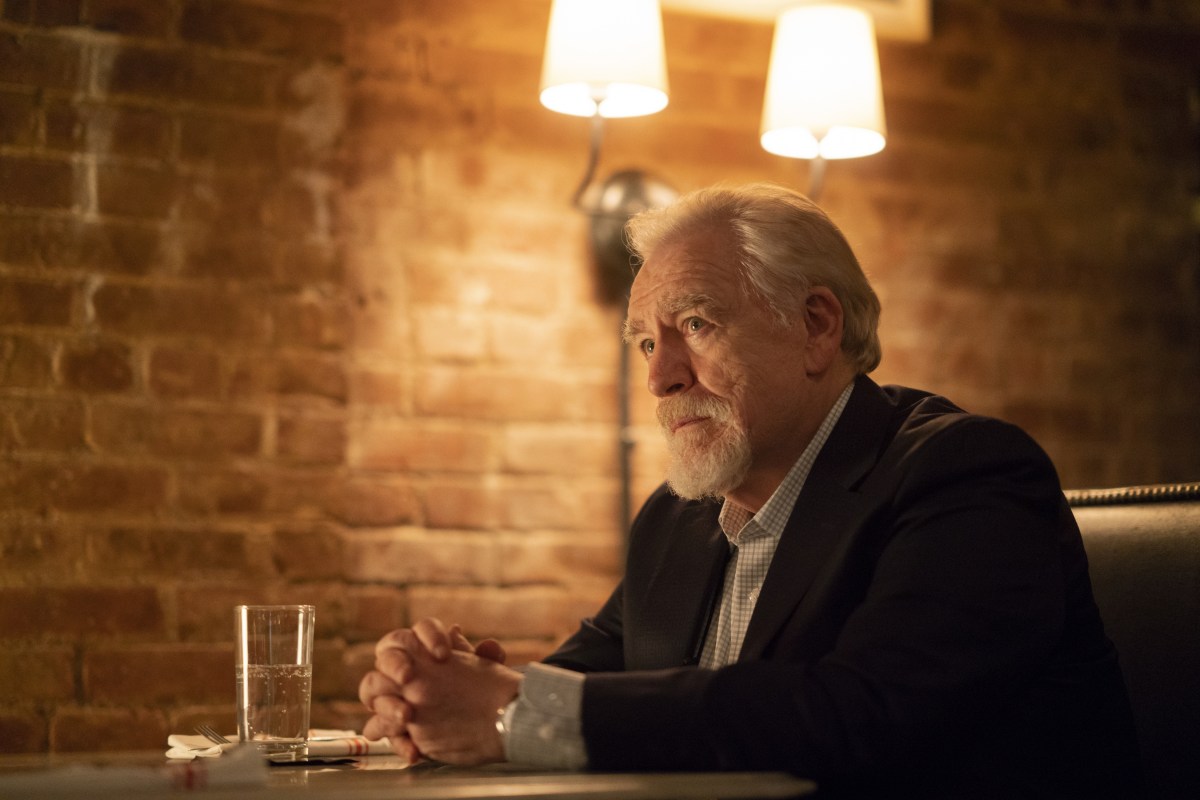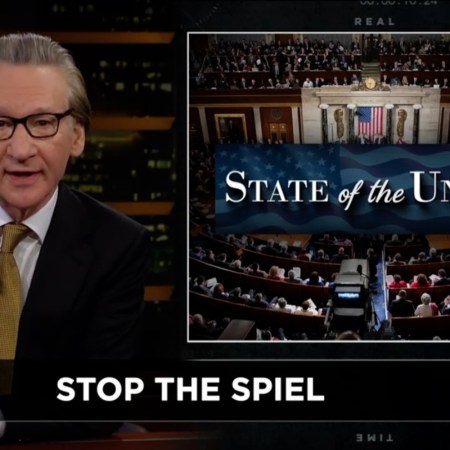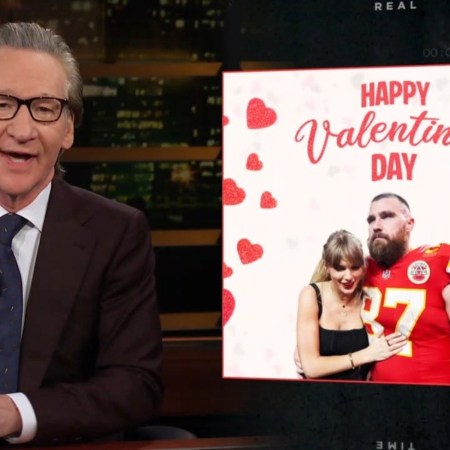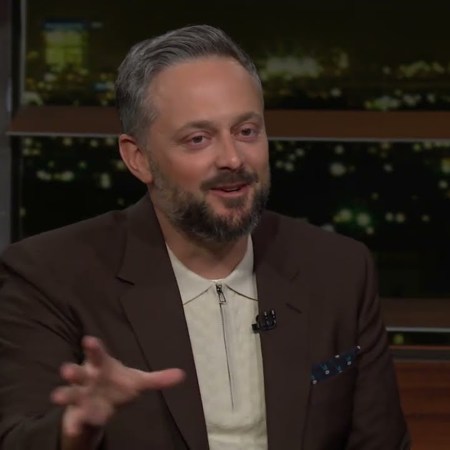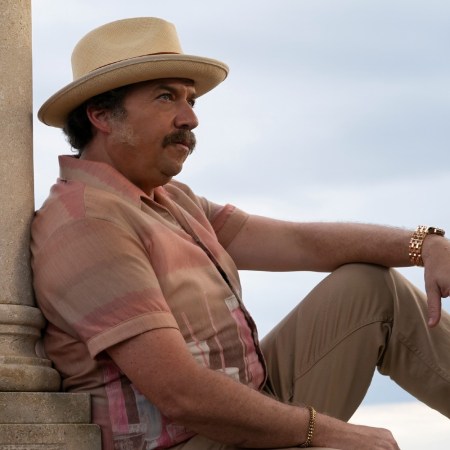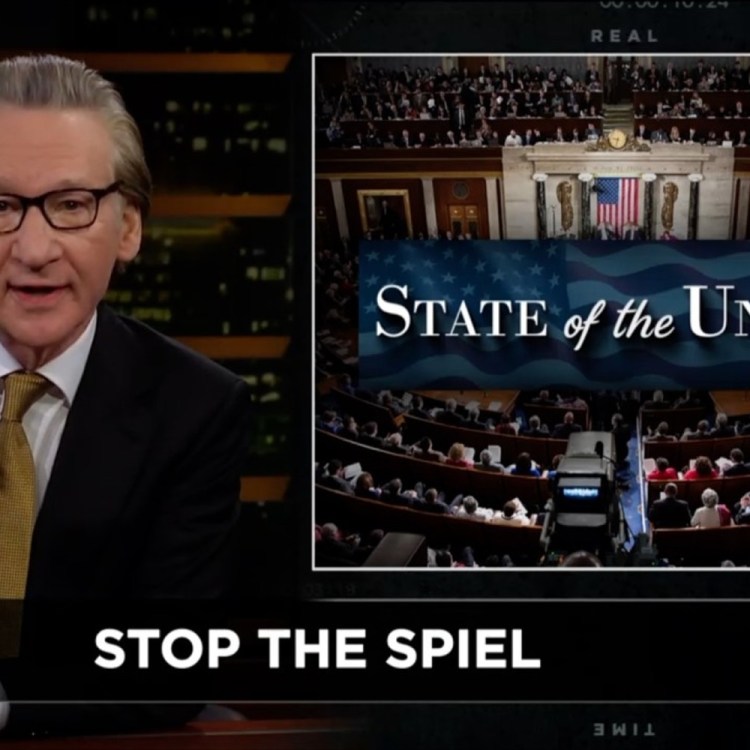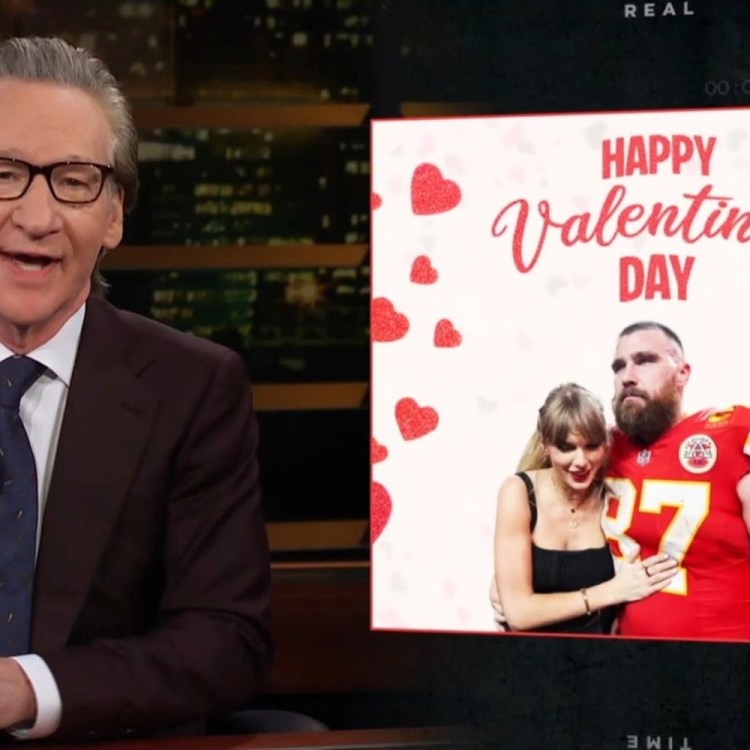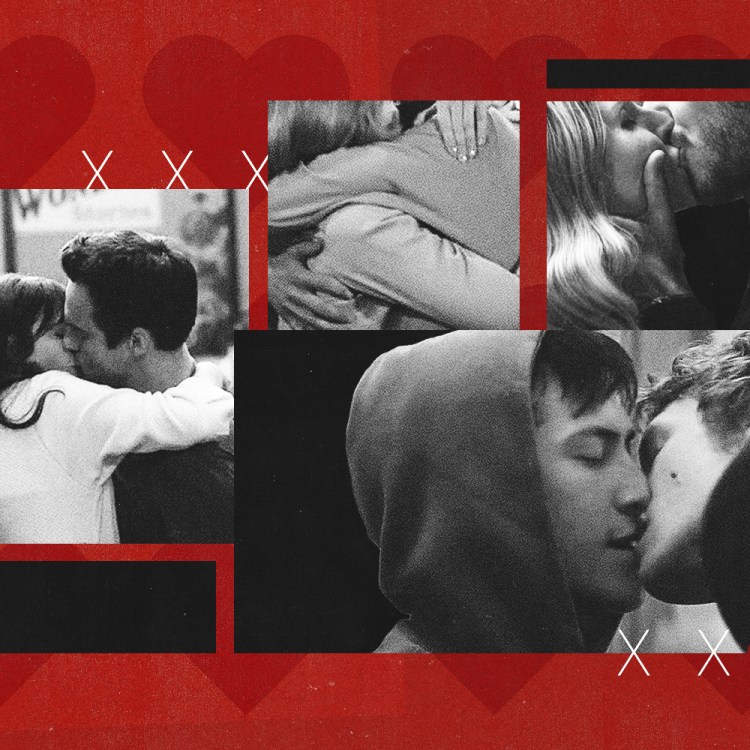There’s never been a screen Scot as intimidating as Brian Cox’s Logan Roy, the ruthless media baron and patriarch in HBO’s Succession. Imagine Trainspotting’s Begbie coming up against Logan and you know that that atavistically violent Scottish “hard man” would quail in his presence. How can Logan’s ambitious kids — Kendall (Jeremy Strong), Siobhan (Sarah Snook) and Roman (Kieran Culkin) — possibly hope to dethrone him? Their elder brother Connor (Alan Ruck), long absent from the fray, knows it would be easier to become the next American president than fill Logan’s shoes at Waystar Royco.
Season Two of Jesse Armstrong’s pungent dynastic satire has started with would-be usurper Kendall a limp dishrag completely owned by his father. Chosen by Logan as his successor, Siobhan (“Shiv”) is boiling with frustration because he won’t formalize her appointment. It’s a measure of the complexity Cox brings to his thrilling portrayal of the power-hoarding old bear that he is strangely sympathetic. There are methods in his monstrousness, Cox suggests to InsideHook: Logan’s version of tough love is extreme because the stakes are so high.
Cox was born into a working-class Dundee family in 1946. His father, a grocer, died when he was eight and his mother suffered a nervous breakdown, so he was mostly raised by his four older sisters. He knew from an early age he had potential as an actor and got some chances at Dundee Repertory Theatre which he had joined at 14 as a stagehand and errand boy. He enrolled in the London Academy of Music and Dramatic Art three years later, worked in regional theater, made his TV debut in 1965, and played Leon Trotsky in 1971’s Nicholas and Alexander, his first film.
Cox’s pugnacious demeanor and aura of authority have consistently led him to play men of power. He has been a great Titus Andronicus (for the Royal Shakespeare Company) and King Lear (at London’s National Theatre). He was memorable as Hannibal Lecktor (pre-empting Anthony Hopkins’s Lecter) in Manhunter, screenwriting guru Robert McKee in Adaptation, frontier actor-impresario Jack Langrishe in Deadwood, and lawyer Melvin Belli in Zodiac.
Indefatigable and prolific, Cox bestrides huge stages — he has been Agamemnon, Herman Göring and Winston Churchill — but also excels as backwater operators, notably the Long Island pedophile he played in the indie movie L.I.E., a companion piece to his Humbert Humbert in the National’s Lolita. This September, he begins a three-month run as President Lyndon Johnson in The Great Society, playwright Robert Schenkkan’s follow-up to All the Way, at the Vivian Beaumont Theater in Manhattan. We spoke first about Logan.
InsideHook: Succession hinges on Logan Ray’s reluctance to relinquish power at Waystar and his sons’ unsuitability to take over. Their sister Siobhan [“Shiv”] is stronger than her brothers, however, and Logan has privately told her he wants her to succeed him. Why, in the new series, does he equivocate about announcing his decision?
BRIAN COX: Certainly Logan’s favorite is Shiv — fathers and daughters usually have a very close relationship — and he values her enormously. He thinks her husband [Tom, played by Matthew Macfadyen] is probably a bit of a balloon, but he’s reconciled to her choice and respects it. Shiv is brilliant in many ways, but at the same time, she’s impetuous. She’s not seasoned and she doesn’t do enough prep. Logan still hopes she’ll come through and comes back to that, but she’s been burned by him and she’s not prepared to get burned again and is very cautious.
The problem with the rest of the kids is they have flaws. And, of course, as long as Logan’s got his faculties and his strengths, he doesn’t want to let go, but he’s looking for some kind of breakthrough of character in his children that can finally put them in a zone where they can be contenders. We’ve seen how the shifting fortunes of the children affect them, especially Kendall, but in this new series you begin to see the whippersnapper Roman emerge with a great deal more intelligence than he’s previously been given credit for.
I’m wondering if we’re going to see Kendall’s renaissance, but pretty far long in the new season, he still seems emasculated.
Yeah, he is, and he continues to be so. Kendall has vital lessons to learn. He’s got so much baggage that he’s got to get rid of and Logan’s aware of that. Logan has become very protective of Kendall because he knows he’s delicate and that he’s done an Icarus thing: he’s sailed too close to the sun and his wings have got severely burned [by accidentally causing the drowning of a young English waiter]. But he’s still Logan’s son, and Logan caught him when he fell. What’s complicated about Logan — and this is something I cleared up with Jesse [Armstrong] on the first series — is that he actually does love his children, even though it’s not always apparent. He also believes in family and that the company is a family concern. He’s looking for the right inheritor, but there’s a little wanting going on to be absolutely candid about it.
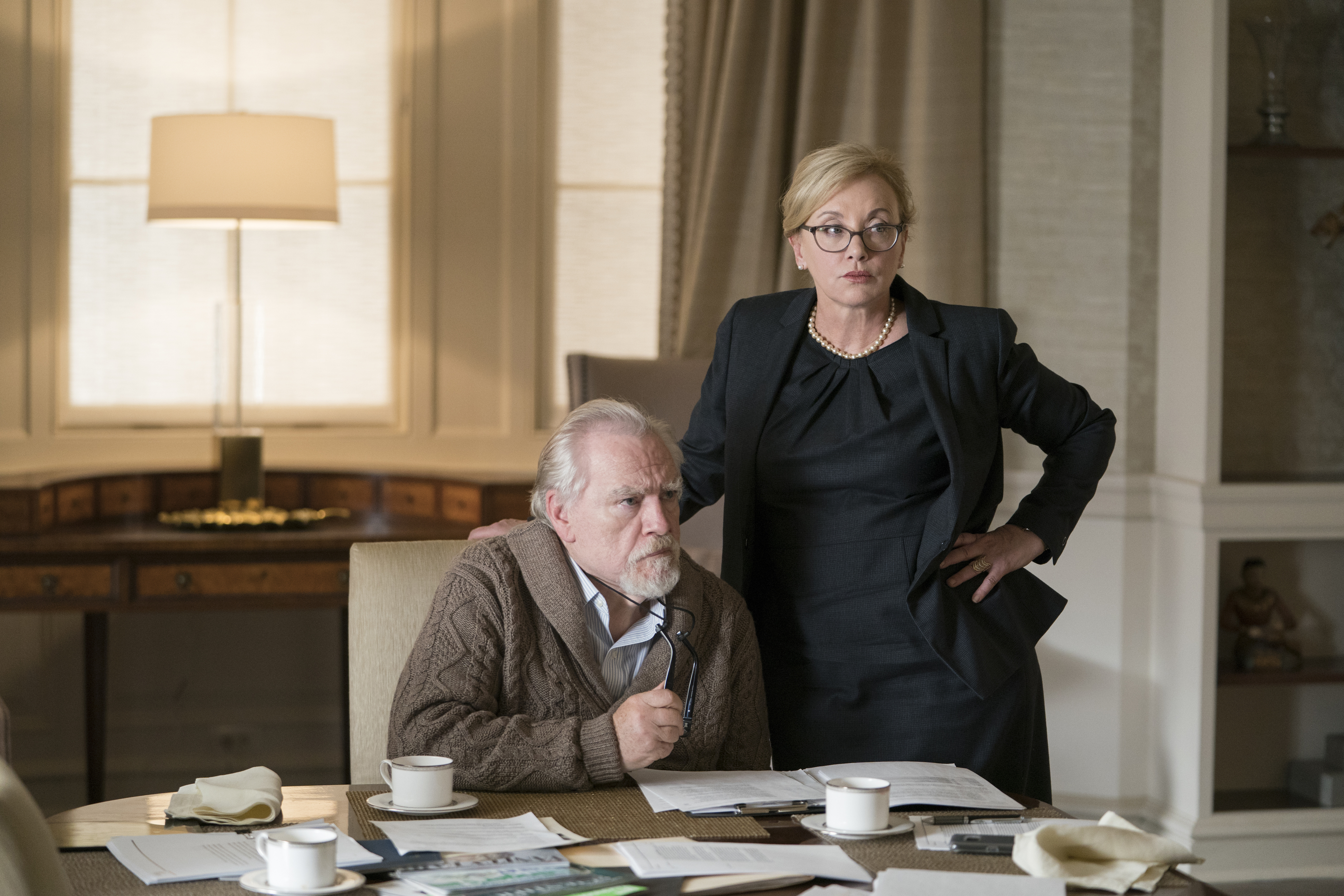
One of the most absorbing storylines in the new season is Waystar’s attempt to buy the liberal Pearce media organization. Logan’s about to clinch the purchase for $25 billion at the Pearces’ country estate but he won’t agree to the final condition they set. Is that because he’s facing a troika of women, and would it have been different if he’d been dealing with men?
Possibly. I’ve had rows about this. You don’t get anywhere without skills, and I think one of the skills Logan has is that in his time he’s been quite a good seducer. I feel that the overarching problem he has with the Pearces is that they’re Brahmins, and he really can’t be doing with these people who have inherited their wealth. We always have to remember that Logan’s an autodidact. He created this empire himself. He’s not like Donald Trump or Rupert Murdoch — he’s inherited nothing. He’s come up the hard way and his hackles go up when he meets people who have a sense of liberal entitlement. He doesn’t buy it, because it’s something they’ve assumed. I think his resistance to the Pearces is more about that than it is about them being women.
What makes Logan so daunting an opponent is that his growl and his body language contain the threat of physical violence, though it’s entirely suppressed.
People immediately think of me that way because I’ve got this square-ish shape and this head and this voice, which, of course, is to do with my theatrical training. It’s a gift but it can also be an encumbrance. My look belies me — I’m actually a pussycat. But I think Logan’s danger lies more in his mystery than his presence. We don’t wholly know where he’s centered. I’m only just beginning to understand him myself. Even though he’s in a family, he’s a lone wolf. We see how effective he is and what a bastard he can be, but we still haven’t got into the inner sanctum. He’s a dissembler but he’s also a truth-teller. He understands who people are and what they’re capable of. He knows exactly what his children have to do in order to liberate themselves from him, but they can’t quite do it.
If Logan has a Shakespearian tragic flaw, what is it?
Not being able to let go. King Lear gives his kingdom away and he expects something in return. But [Goneril and Regan] are not going to give it to him and therefore he becomes more and more ostracized. Logan’s problem is not that he wants to give his company away, but that he wants someone to relieve him, because it’s an enormous burden, and he hasn’t found that person. He’s also part of a dying breed. What we are seeing so clearly in the early part of the 21st century is the death of white male power, which we’ve been living with for centuries. Logan is a dinosaur in that sense. That’s just destiny — there’s nothing he can do about it. He can’t, with his values, suddenly turn around at the age of 80 and go, “It’s all liberalness now and that’s lovely.” He’s incapable of that because he’s fought too hard and he’s literally got the scars to show for it.
My look belies me — I’m actually a pussycat
Do you think that the oft-made comparisons between the Roys and other media families like the Murdochs, the Redstones and the Conrad Blacks are useful or not?
Well, one thing that likens Logan to Murdoch is that he is international in his knowledge of the world. One problem with the idiot President we have now is that he’s [in favor of] an insular America. I’m currently preparing to play LBJ in The Great Society. Johnson was quite a brilliant man in many ways but, like Trump, he did not have any sense of foreign policy. He hadn’t a clue about Vietnam.
What made Johnson a good President, in your view?
Johnson had been a schoolteacher and his students were initially Hispanic. He understood what poverty really was and so he would have been a fierce opponent of somebody like Trump. As President, he got Medicare for people who were poor and Medicaid for people who were elderly. He passed the Civil Rights acts [1964 and 1968], and, following delicate negotiations with Martin Luther King at the time of the Selma marches, the Voting Rights Act [1965]. He did as much as any President has done through his domestic programs, and when Bobby Kennedy congratulated him, Johnson said, “It’s not about the Democratic Party or the President, it’s about the legacy that your brother [President John F. Kennedy] laid down to create a mandate for unity.”
We could do with that unity now.
That’s why I think the play is pertinent. But the problem is the disaster that was Vietnam. Looking back at it, I think Robert McNamara [U.S. Secretary of Defense, 1961-68] was responsible for the lies that were told about the Gulf of Tonkin Incident [which led to the United States’ prosecution of a full-scale war in Vietnam against Johnson’s wishes]. It was a tragedy for Johnson’s presidency that was forced to fight a war based on such archaic bollocks as the fear of Communism.
Are you in rehearsals for The Great Society now?
No, they’re not allowing me any rehearsal yet. I’m just trying to learn the bloody lines. [laughs] The script is a big tome, but it’s wonderfully written by Robert Schenkkan. It’s an epic — and Shakespearean with a vengeance.
This article appeared in an InsideHook newsletter. Sign up for free to get more on travel, wellness, style, drinking, and culture.
